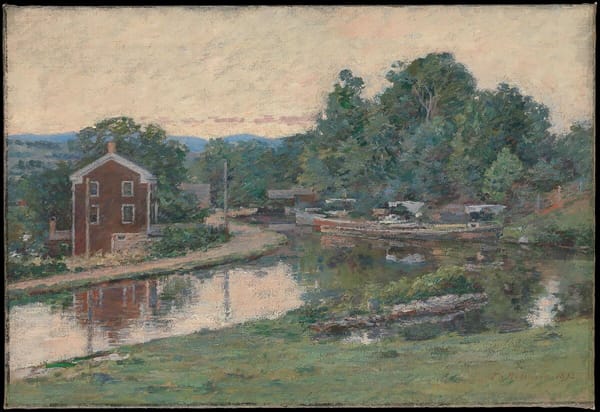
newsletter
Issue 56: Upgrading a 500 Year Old Technology
What's old is new again
highly curated, every sunday.


newsletter
What's old is new again

newsletter
How the past of Personal Computing gives us a hint into the future of Personal Library Science
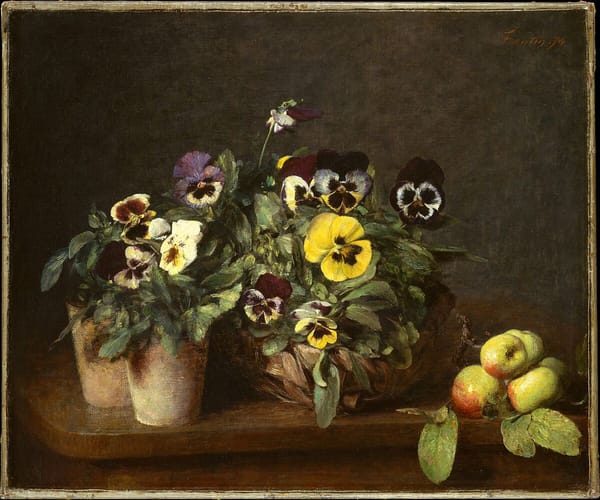
newsletter
How do we manage the libraries of us?

newsletter
Introducing a new field of study, and a plan...
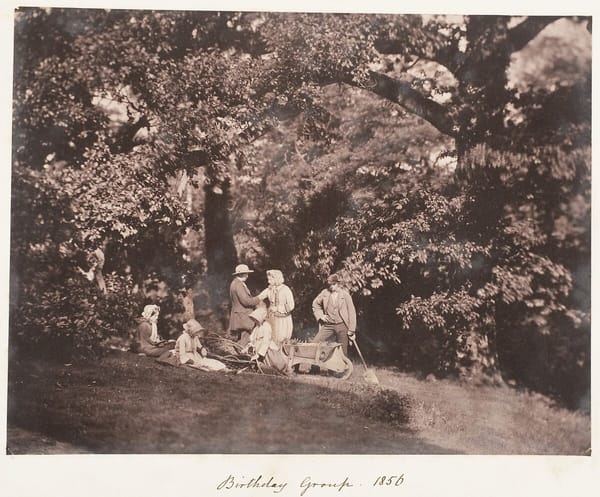
newsletter
Reflections on a year of newsletter-ing, and what to look forward to next year.
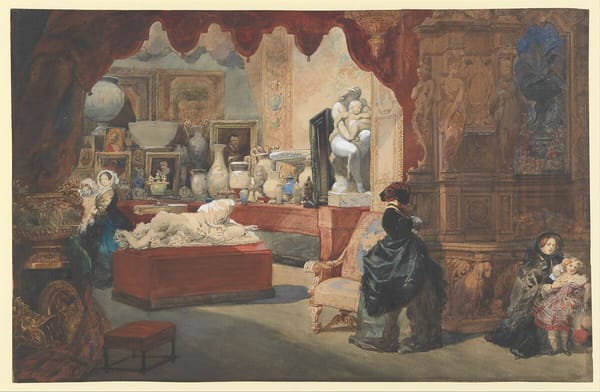
newsletter
Why a Personal Domain is your Domain
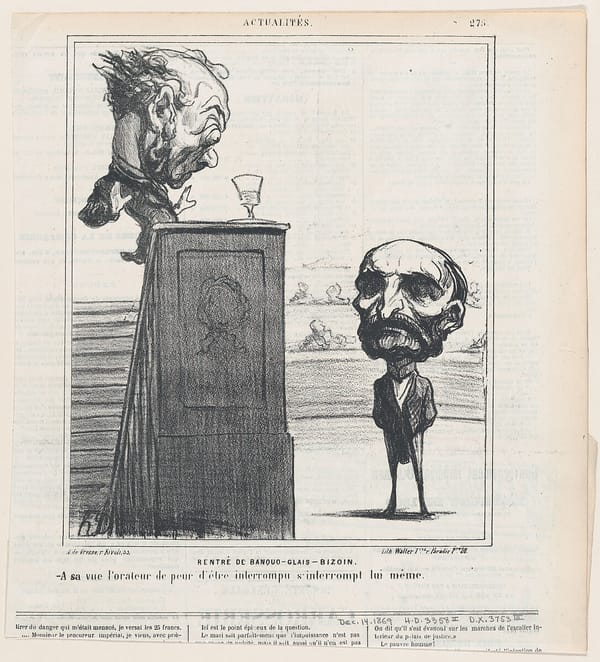
newsletter
On the controlled burn of online profiles
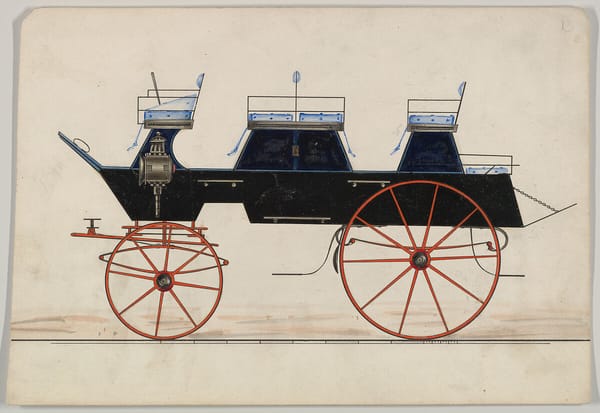
newsletter
Will code ever be finished?
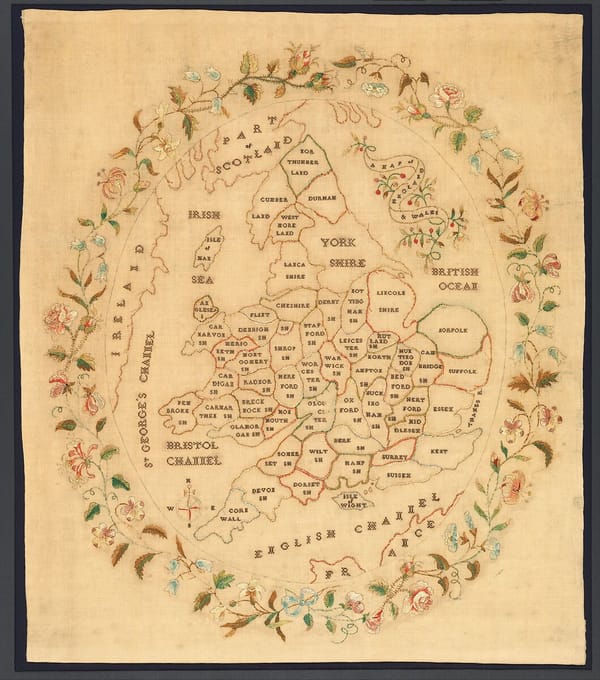
newsletter
and the futures you create
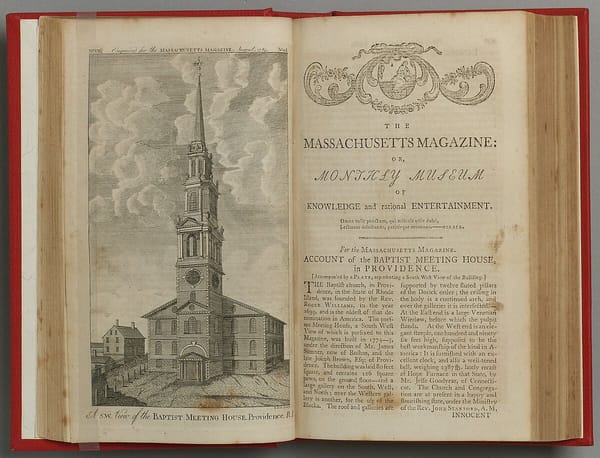
newsletter
A museum doesn't have to be a mausoleum
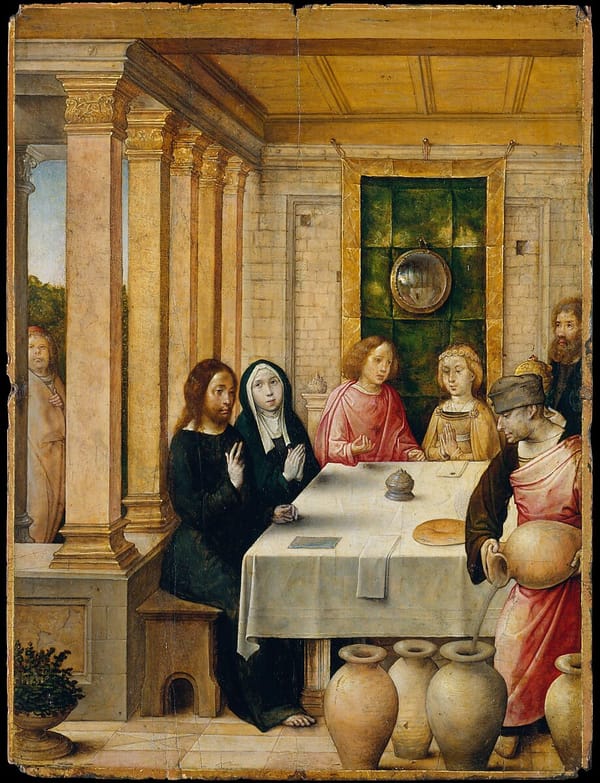
newsletter
On being well read within, without, by mastery
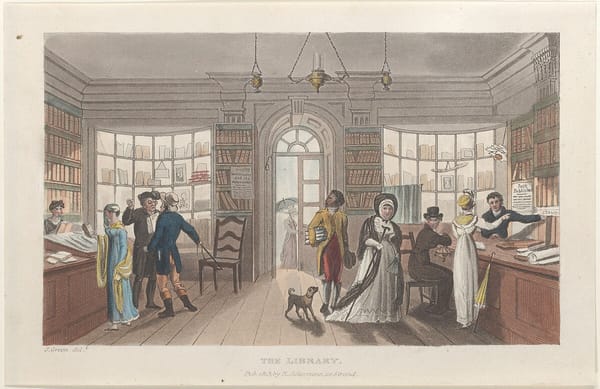
newsletter
How we can achieve reader mobility through inertia, and become a master with density